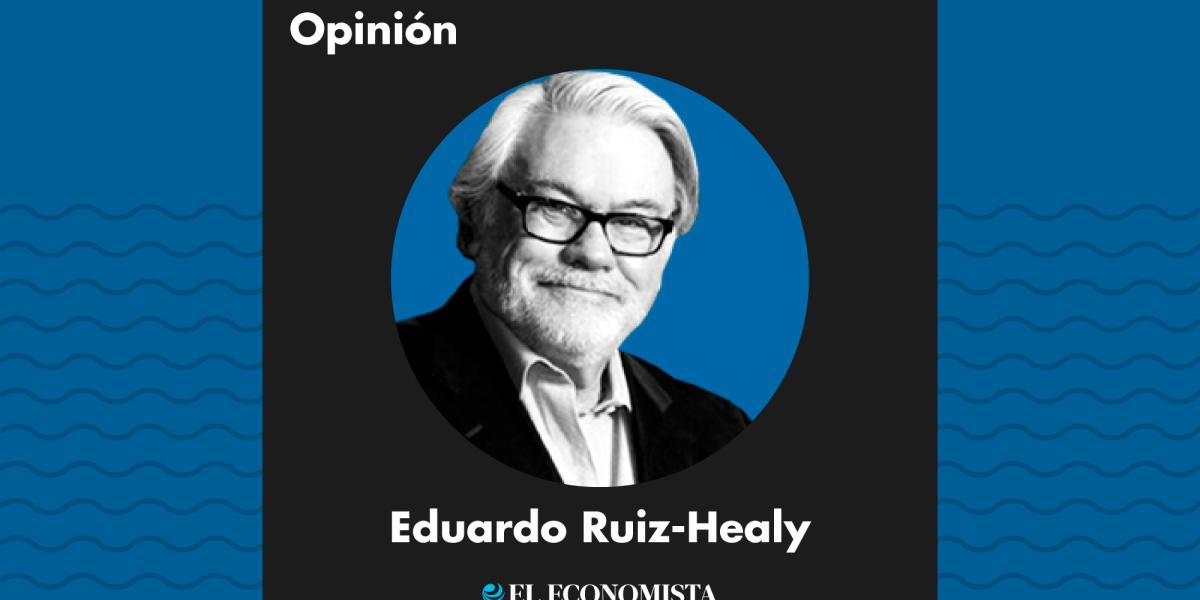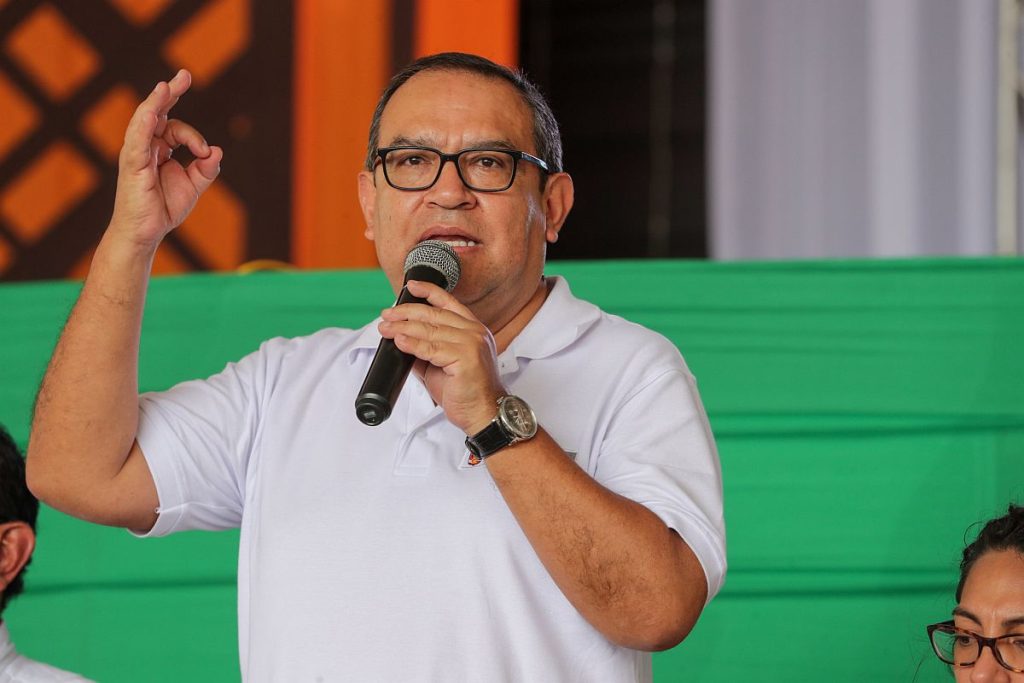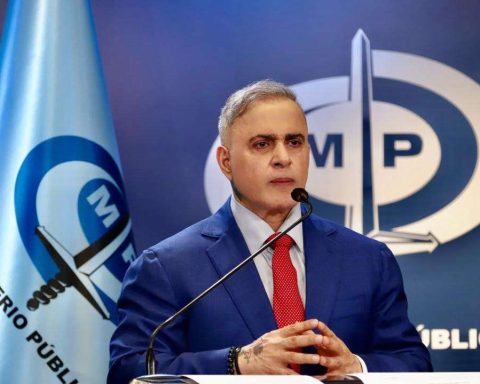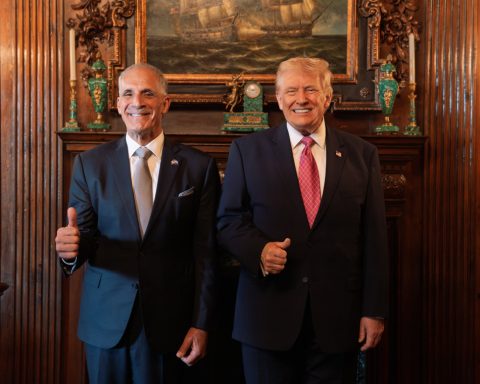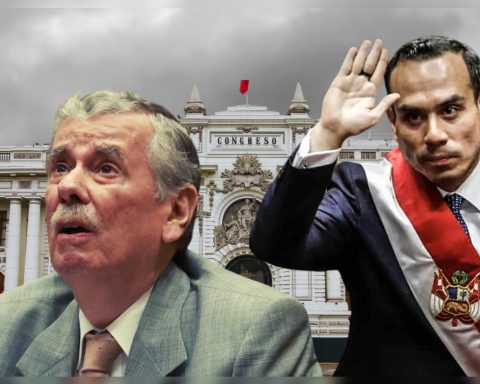The Report on Crime Incidence and Progress of the Strategy, updated as of last October, released yesterday by the Security Cabinet of the president, Claudia Sheinbaum, and the report from the Inter-American Development Bank (IDB) on the costs of crime and violence in Latin America and the Caribbean, released on Monday, reveal alarming data on security and its impact on social and economic well-being.
Both documents address the phenomenon of violence in a complementary manner, but agree in pointing out that, despite progress, the situation remains a major challenge.
The Cabinet report highlights a reduction in various crimes; that of intentional homicides is 17.3% compared to 2019. However, violence remains concentrated in specific regions and 50% of homicides this year have been committed in only seven states, which shows that the security policies implemented until Now they have not given the expected results throughout the country.
This regional disparity shows that we cannot yet speak of a safe Mexico. And much less when we know that most crimes are not reported, which makes it difficult to know the true magnitude of violence.
In parallel, the IDB report offers a broader vision of the social and economic costs of crime in Latin America. It highlights that the direct costs of crime represented 3.44% of the region’s GDP in 2022, a figure that is a considerable burden on economies.
Mexico remains one of the most affected countries, especially in key sectors such as tourism and business productivity. The presence of criminals perpetuates a cycle of violence and poverty that limits the possibilities of development and well-being.
The indirect costs of crime are also alarming. Mexican companies must allocate resources to security measures that reduce the competitiveness of the economy.
Additionally, regions most affected by insecurity experience a drop in productivity, as violence impedes worker mobility and increases operating costs. This hostile environment not only affects companies, but also slows economic growth and limits job creation.
The violence also continues to have a negative impact on the tourism sector, which is vital to the Mexican economy. The perception of insecurity causes a drop in tourist flows, seriously affecting local economies and slowing down job creation in key destinations.
Furthermore, violence drives migration to other countries, especially the United States. Thousands of young people leave Mexico in search of better opportunities and a safer environment, which implies a significant loss of human capital.
In conclusion, although the federal government celebrates progress in reducing certain crimes, the reality is that the economic and social costs of violence remain very high. Security policies should not be limited to superficial measures and, as the president has pointed out, they must be structural and focus on lasting solutions that allow us to build a safer and more prosperous environment for all. There is still much to do.
Facebook: Eduardo J Ruiz-Healy
Instagram: ruizhealy
Place: ruizhealytimes.com
